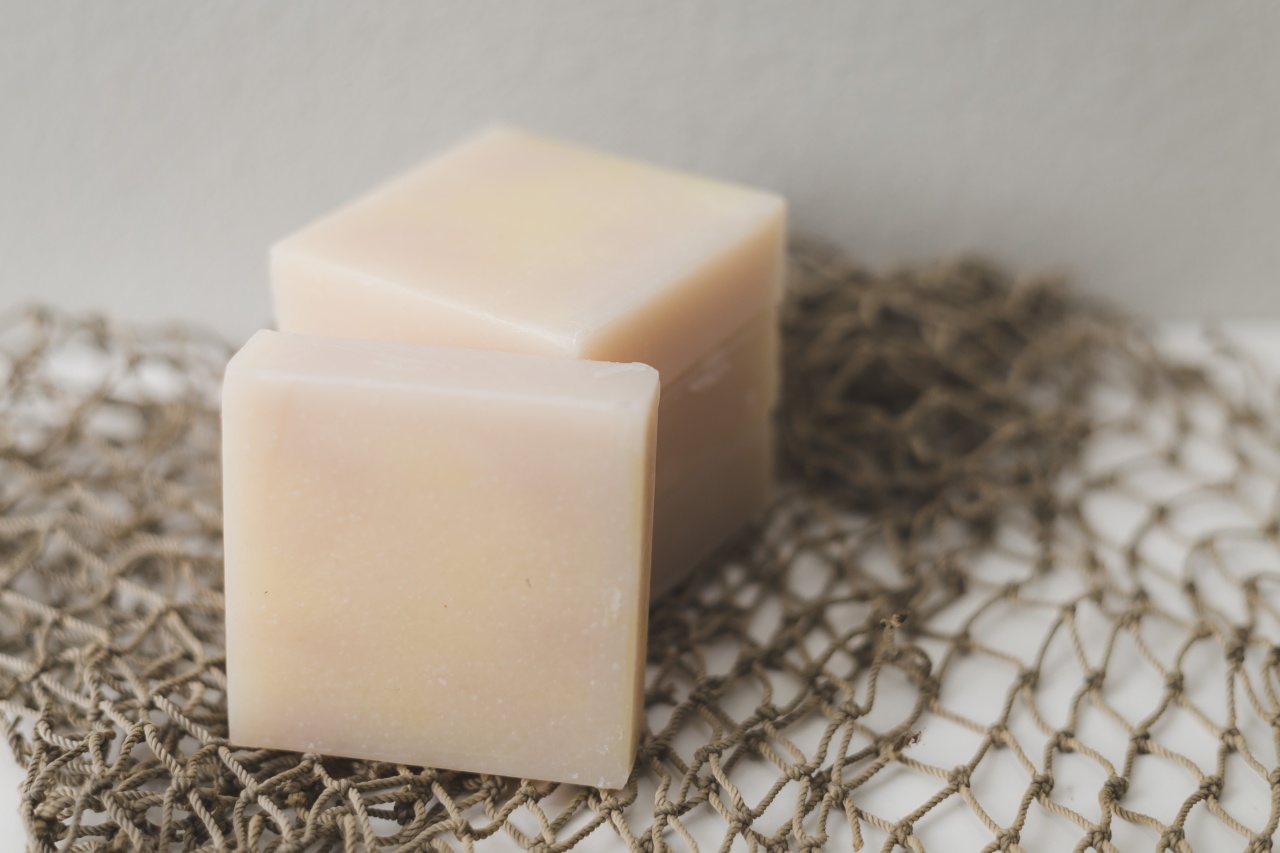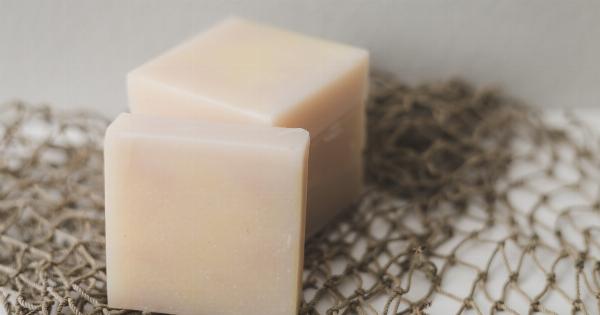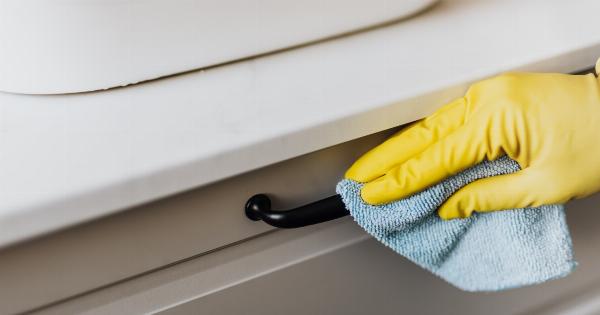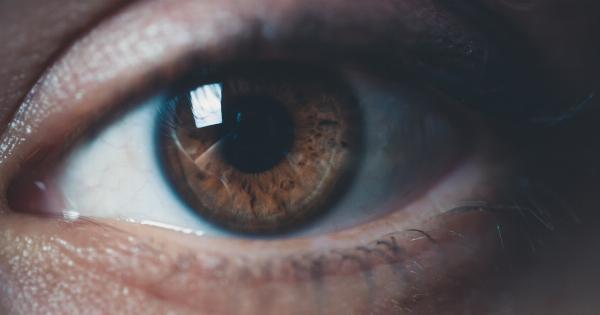Mold is a fungus that can grow and reproduce in damp and humid conditions. Mold can cause a variety of health issues for people who have an allergy to it.
Mold allergy symptoms can be quite severe, so it’s important to be able to identify them to take appropriate action.
What is Mold Allergy?
Mold allergy is an allergic reaction caused by the presence of mold spores in the air. Mold spores can enter the body when inhaled, ingested or make contact with the skin.
People with a mold allergy have an immune system that reacts negatively to the presence of mold. The immune system produces antibodies that cause allergic reactions such as runny nose, itchy eyes, and wheezing.
What Causes Mold Allergy?
Mold allergy occurs when a person’s immune system overreacts to the presence of mold. The immune system identifies mold as a dangerous substance and triggers an allergic reaction in response.
The severity of mold allergy symptoms depends on the individual’s sensitivity to mold and the amount of exposure they have to it. People with weakened immune systems are also more susceptible to mold allergies.
Signs and Symptoms of Mold Allergy
The symptoms of mold allergy can vary depending on the individual’s sensitivity to mold and the type of mold. However, some of the most common signs and symptoms of mold allergy include:.
1. Respiratory Symptoms
One of the most common symptoms of mold allergy is respiratory problems. These symptoms can include coughing, wheezing, shortness of breath, and chest tightness.
Respiratory problems can be particularly severe for people with asthma or other pre-existing respiratory conditions.
2. Skin Reactions
Mold allergy can also cause skin reactions such as rashes, hives, and itchiness. These skin reactions are a result of the immune system’s response to mold.
3. Nasal Symptoms
Nasal symptoms are also common in people with mold allergy. These symptoms can include a runny nose, sneezing, congestion, and sinus headaches.
4. Eye Irritation
Mold allergy can also cause eye irritation such as redness, itching, and tearing. These symptoms can be particularly uncomfortable and can interfere with daily activities.
5. Fatigue
Fatigue is a common symptom of mold allergy. This is because the allergic reaction can be very draining on the body and can cause fatigue and lethargy in the affected individual.
How to Test for Mold Allergy
If you suspect that you have a mold allergy, you can speak with a healthcare provider who may recommend allergy testing.
Allergy testing involves exposing a sample of blood to various allergens including mold and measuring the immune system’s response. Skin testing is another common diagnostic test for mold allergy. In this test, a small amount of mold extract is applied to the skin and the skin is observed for a reaction.
How to Avoid Mold Allergy
The best way to avoid mold allergy is to limit your exposure to mold. This can be done by taking the following precautions:.
1. Keep Your Home Dry
Mold thrives in damp and humid conditions. Keep your home dry by fixing any leaks or water issues promptly. Use a dehumidifier to reduce moisture in the air.
2. Ventilate Your Home
Proper ventilation is key to preventing mold growth. Use exhaust fans in the bathroom and kitchen, and make sure that your home has good air circulation.
3. Clean Thoroughly
Regular cleaning can help prevent mold growth. Make sure to clean areas where mold commonly grows such as showers and basements. Use mildew-resistant paints and keep indoor plants to a minimum.
4. Wear Protective Gear
If you need to be in an area where mold is present, wear protective gear such as a mask and gloves to reduce your exposure.
What to Do If You Have Mold Allergy?
If you suspect that you have a mold allergy, it is important to speak with your healthcare provider. They can recommend medications such as antihistamines, decongestants, and nasal corticosteroids to manage your symptoms.
In severe cases, immunotherapy may be recommended to desensitize the immune system to mold and other allergens.
Conclusion
Mold allergy can be a serious health issue, but it is possible to manage and prevent it. If you suspect that you have a mold allergy, speak with a healthcare provider to get tested and explore treatment options.






























